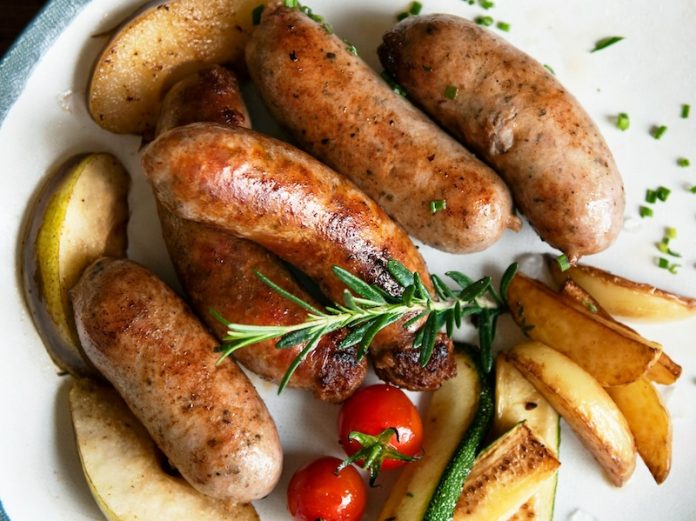
Your kidneys are vital organs that filter waste from your blood, regulate fluid levels, and maintain essential mineral balance in your body.
While they are highly efficient, certain foods can put extra strain on them, especially if you have kidney disease or are at risk of developing it. Making smart dietary choices can go a long way in protecting your kidney health.
One major concern is high-sodium foods. Salt, or sodium, is hard on the kidneys because it increases blood pressure, which puts extra stress on these organs. Over time, this pressure can cause damage.
Processed snacks, canned foods, and fast food are particularly high in sodium. Limiting these and opting for fresh, whole foods can help reduce this risk and support better blood pressure control.
Processed meats are another red flag. These are often packed with both sodium and phosphorus, which are added to enhance flavor and extend shelf life. High levels of phosphorus can overburden the kidneys, particularly for those with existing kidney problems.
This can lead to complications such as weakened bones and heart issues. Choosing fresh, lean meats instead of processed options is a healthier choice.
Dark-colored sodas are problematic not just for their high sugar content but also because they often contain added phosphorus. Excessive sugar consumption can lead to diabetes, a leading cause of kidney disease, while too much phosphorus can harm kidney function over time.
Studies have linked frequent soda consumption with an increased risk of chronic kidney disease, making water or other low-sugar beverages a better alternative.
Dairy products, while nutritious, are high in potassium and phosphorus—minerals that healthy kidneys can manage but that can accumulate dangerously in people with impaired kidney function.
For those with kidney disease, consuming too much dairy can lead to issues with heart rhythm and bone health. Plant-based alternatives or reduced-dairy diets may be helpful in such cases.
High-potassium foods like bananas, oranges, potatoes, and spinach can pose risks for people with kidney problems.
Potassium is essential for muscle and heart health, but when the kidneys can’t remove excess amounts, it can lead to hyperkalemia—a condition marked by dangerously high potassium levels that can disrupt heart function.
Managing portion sizes and choosing low-potassium alternatives can help maintain a safer balance.
Even artificial sweeteners, often marketed as healthier substitutes for sugar, might carry risks. Some studies suggest they may contribute to kidney function decline, though more research is needed to confirm this.
Natural sweeteners like honey or maple syrup, used sparingly, could be a better choice for those worried about kidney health.
To protect your kidneys, a balanced diet is key. Focus on reducing sodium intake, avoiding processed and high-sugar foods, and being mindful of your intake of potassium and phosphorus.
Incorporating fresh fruits and vegetables, lean proteins, and plenty of water into your diet supports kidney function and overall health.
For personalized guidance, consult with a healthcare provider or a dietitian. They can help you create a kidney-friendly diet plan tailored to your specific needs and health conditions.
Taking these proactive steps will help ensure your kidneys remain healthy and effective in their essential role of cleansing your body and maintaining balance.
If you care about kidney health, please read studies about how to protect your kidneys from diabetes, and drinking coffee could help reduce risk of kidney injury.
For more information about kidney health, please see recent studies about foods that may prevent recurrence of kidney stones, and eating nuts linked to lower risk of chronic kidney disease and death.
Copyright © 2024 Knowridge Science Report. All rights reserved.



